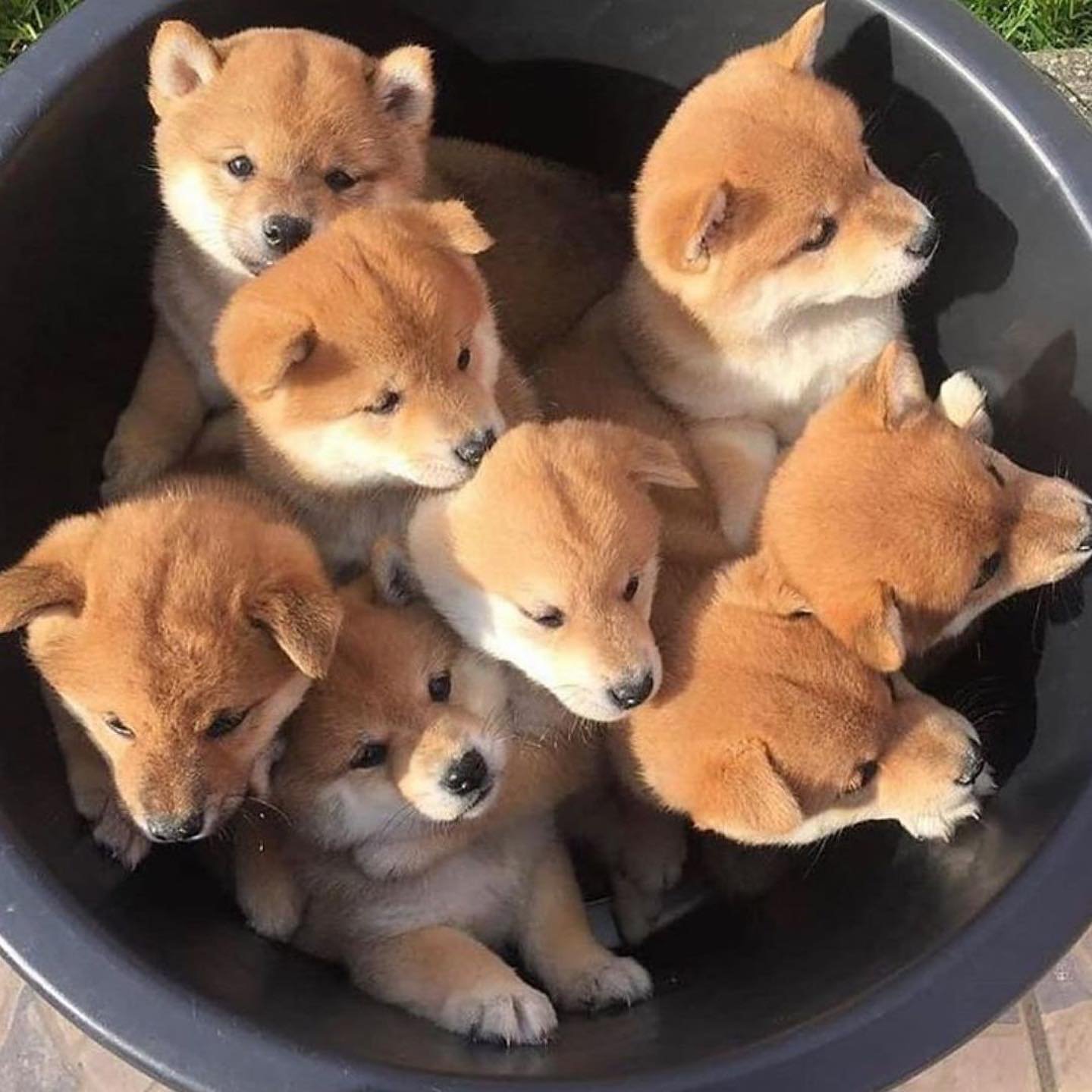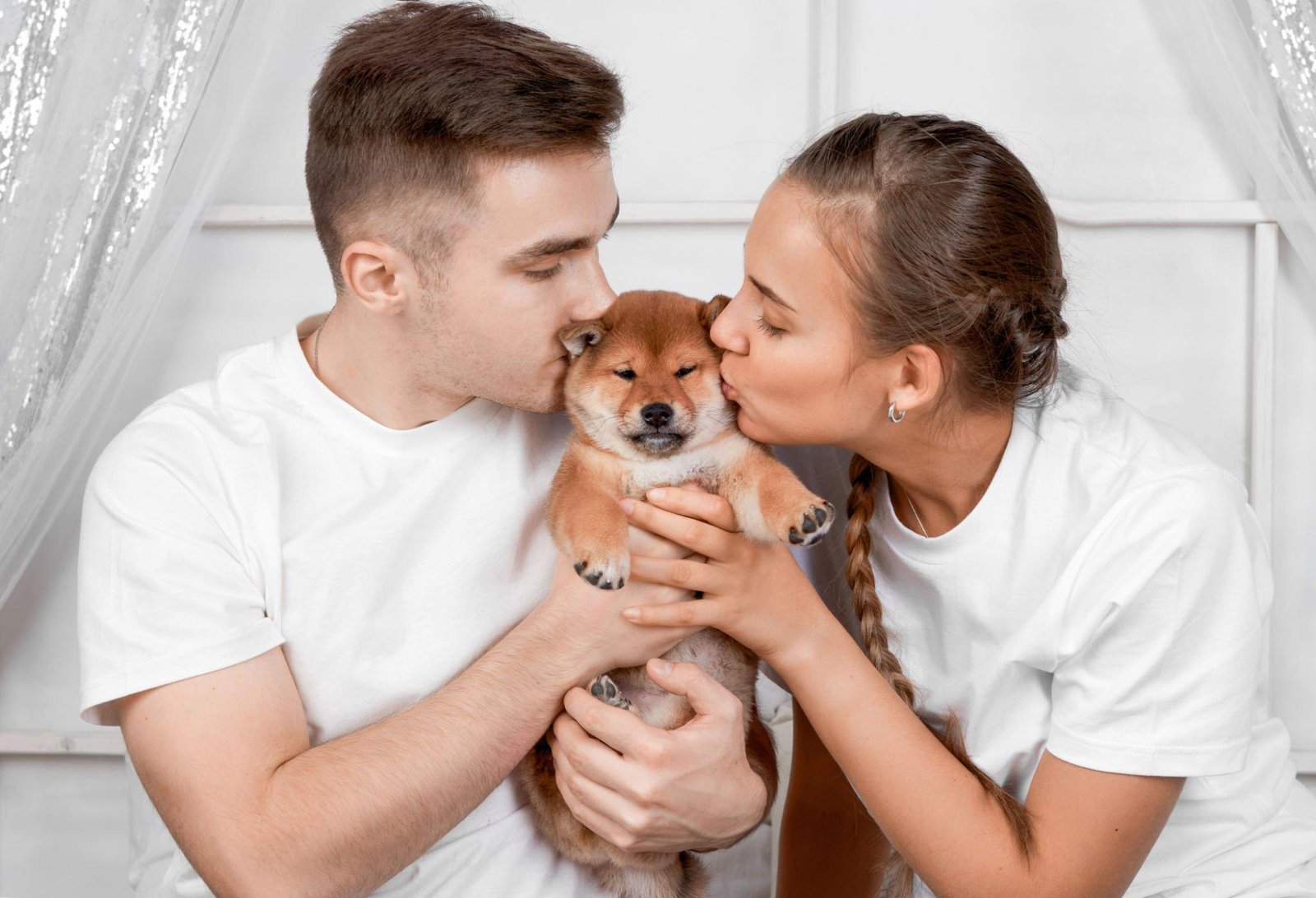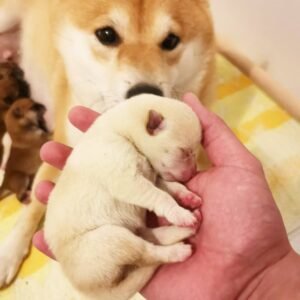Choosing the Right Shiba Inu Intelligent Puppy: A Comprehensive Guide
Bringing a Shiba Inu puppy into your home is an exciting and rewarding experience, but it’s crucial to choose the right puppy from a reputable breeder to ensure a happy and healthy life for both you and your new companion.
1. Research Reputable Breeders:
- Start Locally: Begin your search for reputable Shiba Inu breeders in your area or surrounding regions.
- Breed Club Affiliations: Look for breeders affiliated with reputable breed clubs like the Shiba Inu Club of America. These clubs often have strict membership requirements and can provide valuable resources and guidance.
- Online Resources: Utilize online resources like breed club websites, online forums, and social media groups dedicated to Shiba Inus to connect with other owners and find breeder recommendations.
2. Thoroughly Investigate Potential Breeders:
- Visit the Breeder: Schedule a visit to the breeder’s home to observe their breeding practices and the living conditions of their dogs firsthand.
- Ask In-Depth Questions:
- Health Testing: Inquire about the health testing performed on the parents, such as hip and elbow dysplasia, eye exams (CERF), and genetic testing for common health issues like progressive retinal atrophy (PRA).
- Breeding Philosophy: Ask about the breeder’s breeding philosophy and how they select breeding pairs. Do they prioritize health, temperament, or conformation?
- Socialization Practices: Inquire about the socialization practices used with the puppies, such as early exposure to different people, sounds, and environments.
- Puppy Temperament: Ask the breeder about the temperament of the parents and any observed personality traits in the puppies.
- References: Ask for references from previous buyers and contact them to inquire about their experiences.
3. Meet the Parents (If Possible):
- Observe Parent Temperament: If possible, observe the parents of the litter to assess their temperaments.Choosing the Right Shiba Inu Intelligent Puppy Look for signs of friendliness, stability, and good health.
- Evaluate Parent Behavior: Observe how the parents interact with each other and with their environment.
4. Observe the Puppies:
- Puppy Interaction: Observe how the puppies interact with each other and with their mother. Look for playful, curious, and confident puppies. Avoid overly aggressive or overly shy puppies.
- Individual Assessment: Gently interact with each puppy to assess their individual temperaments.
- Pick them up gently and observe their reactions.
- Gently stroke them and see how they respond.
- Observe their level of curiosity and engagement with their surroundings.
- Physical Examination: Carefully examine each puppy for any signs of physical abnormalities or health issues.
5. Consider Your Lifestyle and Needs:
- Activity Level: Shibas are active dogs that require regular exercise, both physical and mental.
- Consider your lifestyle and whether you can provide them with daily walks, playtime, and opportunities for mental stimulation.
- Living Situation:
- If you live in an apartment, consider a less energetic puppy.
- If you have children, choose a puppy that is known to be good with children.
- Experience Level: If you are a first-time dog owner, you may want to consider a puppy from a breeder who provides extensive support and guidance.
6. Trust Your Instincts:
- Gut Feeling: Ultimately, trust your instincts when choosing a puppy. You should feel a connection with the puppy and confident in the breeder’s practices.
7. Be Patient:
- Finding the Right Match: Finding the right Shiba Inu puppy may take time. Be patient and don’t rush the decision.
8. After Bringing Your Puppy Home:
- Continued Socialization: Continue to socialize your puppy early and often.
- Training: Start training your puppy early using positive reinforcement methods.
- Veterinary Care: Schedule regular check-ups with your veterinarian for vaccinations, parasite prevention, and to monitor their overall health.
Choosing the right Shiba Inu puppy is an important decision that will impact both you and your dog’s lives for years to come. By conducting thorough research, asking the right questions, and carefully observing the puppies, you can increase your chances of finding a healthy, happy, and well-adjusted companion.




